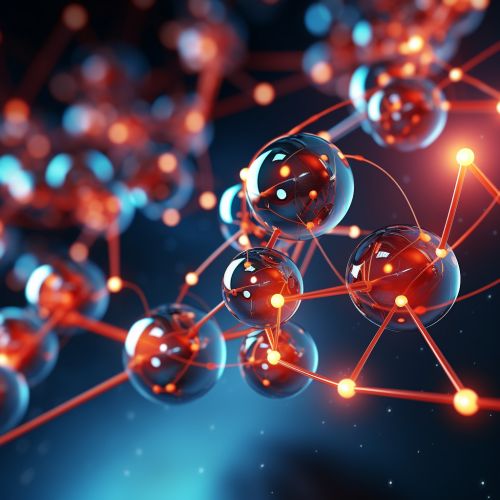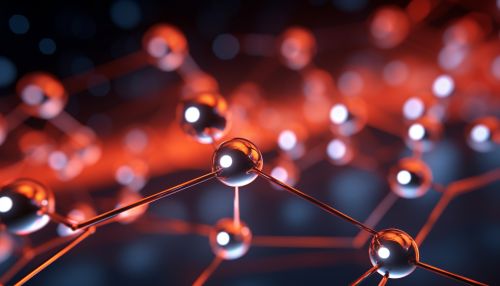Quantum Computing with Molecules
Introduction
Quantum computing is a rapidly evolving field that leverages the principles of quantum mechanics to perform computations. A subset of this field, Molecular Quantum Computing, utilizes molecules to store and manipulate quantum information. This approach offers several advantages over traditional quantum computing methods, including the potential for higher scalability and improved error correction.


Molecular Quantum Computing
Molecular Quantum Computing is a novel approach that uses molecules to encode and process quantum information. The fundamental building block of this approach is the qubit, which is the quantum equivalent of a classical bit. In Molecular Quantum Computing, each molecule can potentially represent a qubit, thereby offering a high-density storage medium for quantum information.
Qubits and Quantum States
In classical computing, a bit can exist in one of two states: 0 or 1. However, a qubit in a quantum computer can exist in a superposition of states, meaning it can be in state 0, state 1, or any combination of both. This property is one of the key factors that give quantum computers their computational power.
In Molecular Quantum Computing, the quantum states of a molecule, such as its energy levels or spin states, can be used to represent qubits. For example, the spin state of an electron in a molecule could be used to represent a qubit. The electron's spin state can be manipulated using external magnetic fields, allowing for the implementation of quantum gates, which are the basic operations in quantum computing.
Quantum Gates and Quantum Algorithms
Quantum gates are the fundamental operations in quantum computing. They are used to manipulate the state of qubits and to perform computations. In Molecular Quantum Computing, quantum gates can be implemented by applying external fields to the molecules, such as magnetic or electric fields. These fields can change the quantum state of the molecules, thereby implementing the desired quantum gate.
Quantum algorithms are sequences of quantum gates that perform a specific computation. Some well-known quantum algorithms include Shor's algorithm for factoring large numbers and Grover's algorithm for searching unsorted databases. These algorithms can potentially be implemented in Molecular Quantum Computers, offering significant speedups over classical algorithms.
Advantages and Challenges of Molecular Quantum Computing
Molecular Quantum Computing offers several potential advantages over traditional quantum computing methods. These include higher scalability, as each molecule can potentially represent a qubit, and improved error correction, as the quantum states of molecules are often more robust to environmental noise than other types of qubits.
However, there are also several challenges that need to be overcome to realize the full potential of Molecular Quantum Computing. These include the difficulty of manipulating individual molecules, the need for extremely low temperatures to maintain quantum coherence, and the challenge of reading out the quantum state of individual molecules.
Future Perspectives
Despite these challenges, the field of Molecular Quantum Computing is rapidly advancing, with several research groups around the world working on developing new techniques for manipulating and reading out the quantum states of molecules. With continued research and development, Molecular Quantum Computing could potentially revolutionize the field of quantum computing, offering a scalable and robust platform for quantum computation.
